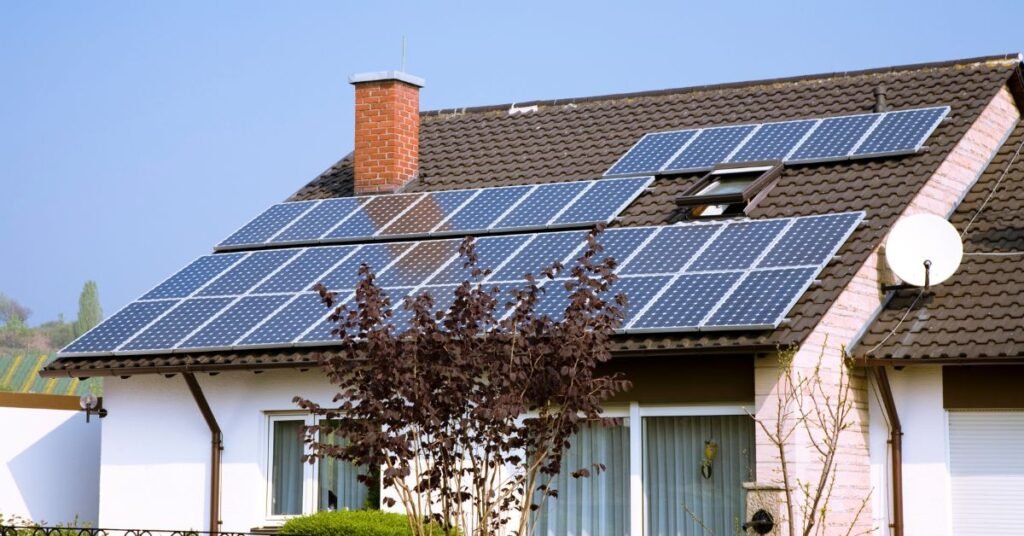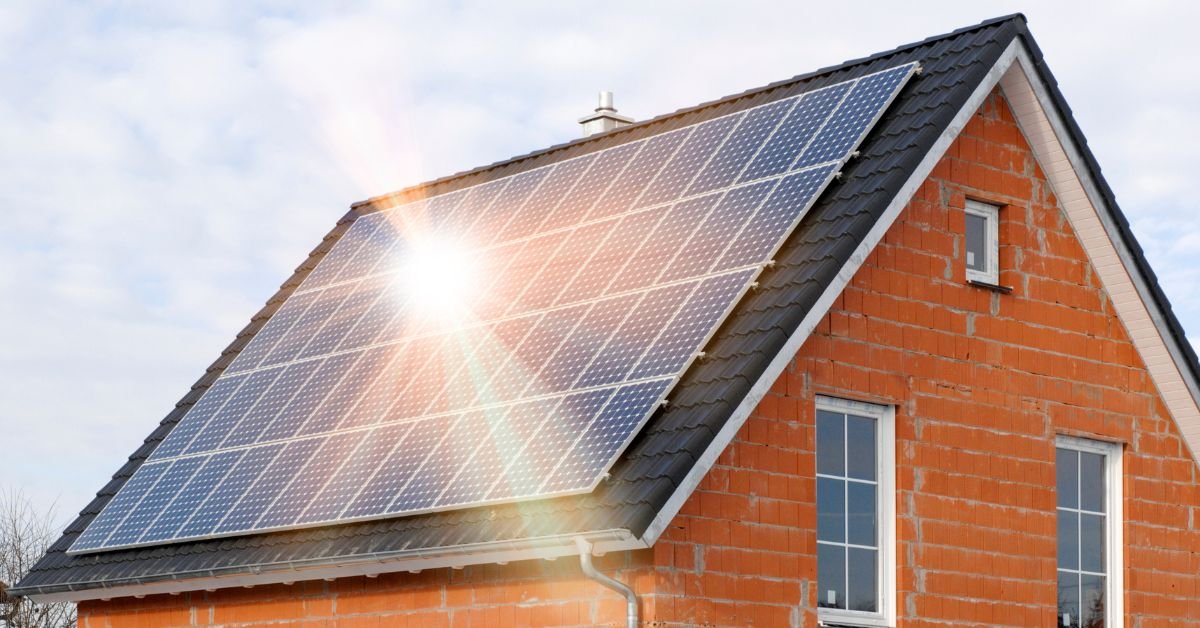Investing in solar panels has become a priority for homeowners and businesses looking to reduce energy costs, ensure sustainability, and increase property value. But alongside the benefits of renewable energy systems, there are also important financial and legal issues to understand. One of the most essential topics is the UCC lien—a filing that lenders use to secure loans linked to solar financing projects.
In this blog, we break down what a UCC lien means in the context of solar panels, why filings exist, how they affect homeowners, and what borrowers can do to ensure compliance and protect their property.
Why do lenders file UCC liens on solar panels?
Solar energy systems are significant investments, often financed through loans or leasing programs. To protect that investment:
- Lenders guarantee repayment by placing a lien.
- Homeowners can access better loan terms thanks to reduced credit risk for the lender.
- Borrowers gain access to financing options that might otherwise be unavailable without collateral.
This process is standard in many states and ensures that financial institutions can safely support renewable energy projects without facing bankruptcy-level losses if loans are unpaid.
The impact of UCC filings on homeowners
While UCC liens are not inherently negative, they can create issues if homeowners are unaware of their presence:
- Property transactions – When selling or refinancing, a lien may delay the process. Buyers, lenders, and title companies want assurance that all liens are cleared.
- Loan refinancing – If you plan to refinance your mortgage, existing UCC liens must often be addressed before new credit terms can be finalized.
- Risk management – Misunderstanding the process can create compliance challenges, unnecessary debt concerns, or even disputes over collateral.
Ensuring that you know the status of your filings is essential for smooth property and financial management.

How to ensure compliance and protect your interests
Borrowers and homeowners can take proactive steps:
- Review financing documents carefully to see if a UCC lien will be filed.
- Ask the lender what collateral is included in the filing—equipment only, or the entire estate?
- Monitor filings through state records to confirm their status.
- Request termination statements once the loan is paid, ensuring the lien is removed.
- Work with legal and financial advisors for complex projects or multiple liens.
By managing the process, homeowners protect their property, maintain credit flexibility, and avoid unexpected issues with refinancing or investment.
UCC liens, loans, and solar financing
In solar projects, financing often involves multiple stakeholders—lenders, owners, equipment providers, and sometimes businesses. Here’s how liens fit into the larger system:
- Loans and collateral – Solar panels are treated as fixtures or personal property until fully paid.
- Financial terms – Interest rates, credit requirements, and repayment schedules may depend on whether secured by a UCC filing.
- Investment security – For lenders, liens are essential to ensuring long-term financial stability.
- Borrower benefits – Without liens, financing might be unavailable or come with higher costs.
Understanding these connections helps both lenders and owners align priorities and reduce risk.
Common issues and solutions
Even with proper management, problems can arise:
- Multiple liens filed on the same property can create confusion.
- Bankruptcy or debt restructuring may complicate lien priority.
- Compliance gaps can delay projects or reduce financing options.
- Fixture filings may incorrectly extend liens beyond the solar system to the property itself.
Solutions include:
- Ensuring clear contracts.
- Confirming lien release at loan completion.
- Consulting with legal professionals for real estate transactions.
Why this matters for energy and the future
Solar panels are not only about reducing energy costs—they represent a long-term investment in property value, energy independence, and environmental security. To fully benefit from this system, homeowners and businesses must understand the financial and legal frameworks that surround it.
UCC liens, filings, and may sound complex, but they are an essential part of ensuring lenders can provide accessible financing to borrowers. By managing the process carefully, owners can enjoy the benefits of solar energy without unexpected risks.
Key takeaways
- UCC liens are standard legal filings protecting lenders in solar panel financing.
- They usually cover equipment as collateral, not the real estate itself.
- Homeowners should ensure proper filing management to avoid issues with property sales or refinancing.
- Borrowers must understand terms, interest, and collateral requirements to protect their financial future.
- Proper compliance ensures smooth transactions, reduced risk, and better access to energy investment opportunities.

Leave a Reply